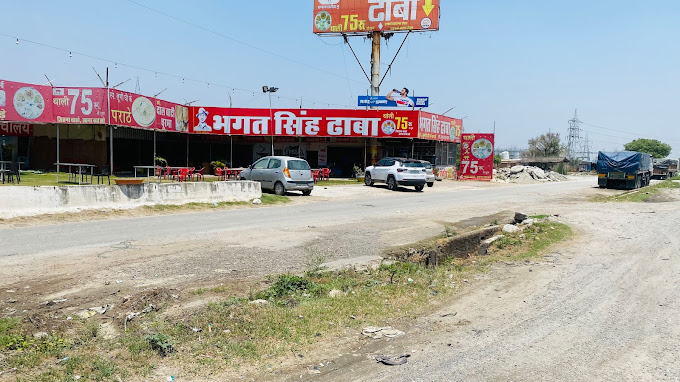
Bhagat Singh was a revolutionary freedom fighter who played a pivotal role in India’s struggle against British colonial rule. Born on September 28, 1907, in Punjab, his life was marked by a relentless fight against British imperialism until his martyrdom on March 23, 1931.
Bhagat Singh’s early exposure to revolutionary activities, influenced by his family, led him to adopt nationalist and revolutionary ideals at a young age. In 1926, he founded the Naujawan Bharat Sabha, an organization focused on mobilizing youth against colonial oppression. He also joined the Hindustan Republican Association (HRA), later renamed the Hindustan Socialist Republican Association (HSRA), reflecting its shift towards socialism.
One of his most notable acts was the assassination of British police officer John Saunders in 1928, intended to avenge the death of Lala Lajpat Rai. In 1929, Bhagat Singh and Batukeshwar Dutt orchestrated a bombing in the Central Legislative Assembly in Delhi to protest the Public Safety Bill. The bombs were intentionally non-lethal, aimed at making a political statement rather than causing harm.
Bhagat Singh’s political ideology encompassed socialism, nationalism, anarchism, and communism. His writings and actions have left an indelible mark on India’s history, inspiring generations to fight for justice and equality. His fearless patriotism and progressive ideology continue to be a source of inspiration in the fight against oppression.


